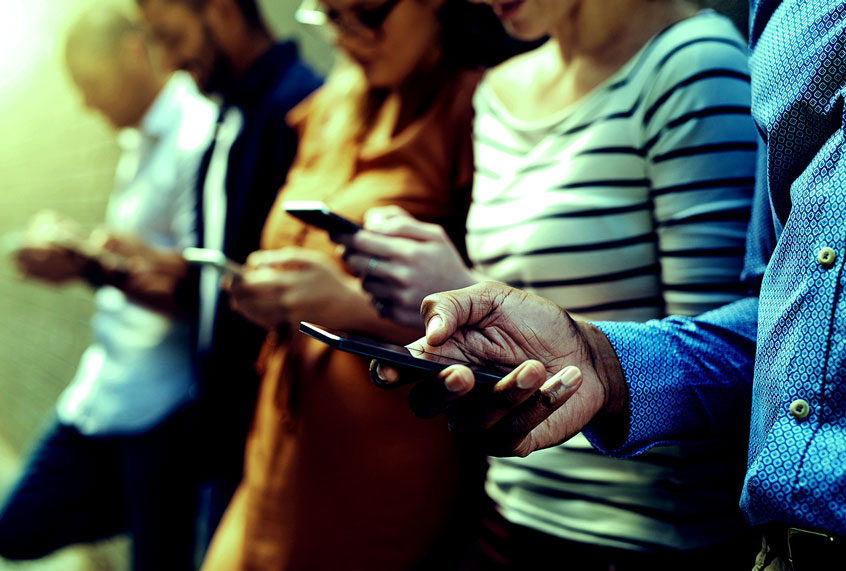A mere three months after its discovery, COVID-19 has become a global pandemic, shuttering schools, delaying sports, and shrinking the economy. It seems like there are intensely important new developments each hour. These updates are unpredictable and jarring. As a neuroscientist, it is particularly intriguing watching myself feel Coronavirus Anxiety, because I know, internally, exactly what is happening. COVID-19 — the idea, not the virus — has gotten stuck in my brain, as it has for many of us. And there are specific psychological reasons for this — which, if understood, may help put ourselves slightly more at ease.
We usually think of “stress” as being a negative thing. In the sense of stress being “bad,” what practitioners usually mean by this is that long-term chronic stress is bad. It is, of course, but the immediate stress response is thrilling. Our adrenaline spikes a little, readying us for a stress response of fight or flight. Our stress hormones kick on, sending our hearts pounding and blood pumping. Then we feel frightened, mostly mildly but sometimes more intensely. Then comes a weird relief, the brain’s reward system saying that you survived and you’re okay and feel good for a moment. Then maybe you share the story and you feel proud of having knowledge that others paid attention to it and liked it, and that feels really good, like you’re doing something helpful. But then the feelings subside. You begin to feel empty and maybe a bit panicky, and you start searching for another story. It’s like riding a roller coaster or getting hooked on a drug.
We’ve known for a long time that media, especially social media, will affect our brains like drugs and get us hooked to the constant search for likes. It’s not usually a true addiction by the DSM-5 definition; still, such pseudo-addictions can be hard to turn away from and wreak their own psychological havoc.
Our brains, by nature, search for patterns. We constantly look for predictability in the world around us so that we can understand and be better able to predict sources of reward and punishment. We want to know how to avoid danger and find pleasure, and these things are essential for our survival. But the way this system is wired, it leaves us vulnerable to all kinds of manipulation.
For example intermittent reinforcement is an amazing learning and training tool. You don’t give your dog a treat every time he shakes — just sometimes. But this same wiring that makes intermittent reinforcement work well leaves many people vulnerable to abusive relationships or addiction.
You can see how this applies to the news cycle: when the news stories are a little bit exciting, you only need a few of them to keep coming back for more.
If you give a reward every time, you have to keep escalating with more and more treats if you want your dog to keep doing the trick. To get the thrill, the jolt of dopamine you’ll need more and more of the heroin or cocaine or whatever illicit substance a person is using. Or a more daring stunt, skydiving with a smaller chute or climbing a more precarious cliff. It feels only okay to get the rush you had before, you need a bigger rush to keep going. Or more and more exciting, dangerous, thrilling, horrendous, shocking news stories.
So the news this month is intermittently reinforcing (delivering that exciting roller coaster response to horrifying news) while also escalating. Indeed, I’m starting to find that I get jittery and anxious if I haven’t checked in regularly on a news site or radio station.
So what can we do? I recommend that we all try to slow down and step back.
Instead of sharing stories online, I’m chatting about them with friends and family. I called my mom this morning and chatted while walking around my neighborhood. I felt better. I didn’t need CNN for a while.
As we transition abruptly into social distancing as a culture, it will be incredibly important for us to lean on each other in new ways. Social media is an important tool for not feeling alone, and it can be great. But of course can also give us a skewed perspective of the world and ourselves and it can actually make us feel worse about what’s going on.Most importantly, we need real human contact. As we learn to keep our distance, we need to use technology to look at each other and hear each other’s voices, to get real feedback and emotion. We need to hear the voices of others, singing from nearby balconies and we need to wave to our friends and neighbors from the fence or the hiking trail — keeping our distance, and yet reaching out.

